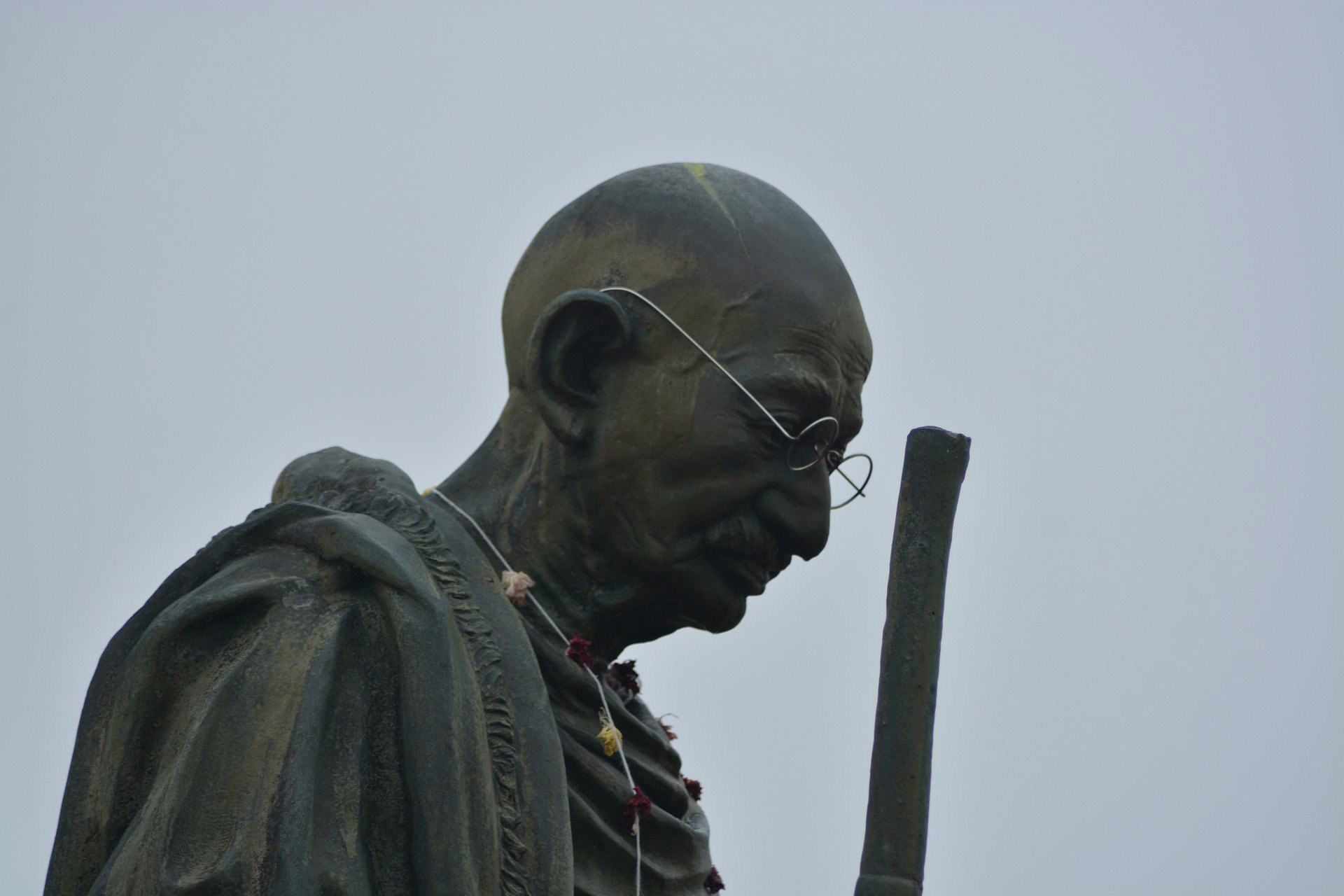Today is India’s 73rd independence day. I will be 75 in 2 weeks. So my life spans independent India’s life.
India is unbelievingly diverse. As a matter of fact it is an amalgmation of amost 30 sub-nationalities. It has 30 major languages. It is roughly 80% Hindu, 15% Muslim and remaining being Sikhs, Christians and other sundry religions. Neither Hindu nor Muslim polulation is homogeneous.
It has several complex layers of histories. Most recent being the British rule for almost 200 years. It was preceded by Muslim rule for almost 800 years. Northwest India was ruled by Sikhs for almost 100 years while central India was ruled by Marathas for almost 100 years.
It has developed a unique syncretic culture which is a mixture of all these components. An India without British and Muslim influence would look like Nepal; and one without British and Hindu influence would look like Afghanistan. British provided a pan-India standardization of sort with English language and British common law. I have travelled widely in India and have felt at home almost everywhere, even where I did not understand local language or was not able to read any signs.
Britain had been a rapacious imperial power and had left India bone poor at the time of indepenedence, with its share of the global GDP less 1%, thought it had almost 16% of world’s population. Literacy rate was about 10%.
Inspite of all that India chose to be a democracy with universal sufferage. Almost nobody gave it a chance to stay free and democratic. It was called a functioning anarchy by US Ambassador Kenneth Galbraith.
India has surprized everybody by becoming a cohesive, well-functioning nation with a unique and vibrant culture. It has brought literacy rate to well over 80% and its share of the world GDP is 2.5% now. It is well on its way to become a power to reckon with.
In every respect India is a noble experiment. It has striven to process its diversity as positively as can be imagined. It has stumbled a couple of times but has always gotten back on its feet. Other multinational countries like Yogoslavia and Soviet Union were not able to integrate their diveristy politically and fell apart.
It is not only Hari Singh Nalwa but also Maharaja Ranjit Singh who never got due respect.
Afghans had ruled India except for the Mughal period. Mohmed Ghouri, Sher Shah Suri and Ibrahim Lodi conqured and ruled India. Babar had defeated Ibrahim Lodi, an Afghan in the first bettle of Panipat in 1526 to start Mughal dynasty. Later, Nadir Shah ( Iranian/Afghan) and Ahmed Shah Abdali defeated Mughals and in case Of Abdali also Marathas in the third battle of Panipat.
Traditional border between India and Afghanistan was Indus river. Maharaja Ranjit Singh consolidated Sikh Misls into a Sikh empire and spent 40 years ejecting Afghans out of Punjab. He pushed the border to the other side of Khyber Pass. Hari Singh Nalwa was the general who led the charge. Kashmir, Peshawar, Gilgit and many other areas of NW Punjab were all wrested away from Afghans. He sealed the Khyber Pass as the invasion route to India.
It was the English who enjoyed the fruits of Hari Singh’s and Ranjit Singh’s labor
The Jawaharlal Nehru’s speech on the August 14, 1947 celebrating India’s freedom has to be one of the grandest speeches of all time. He had put in inspriring words the aspirations of all Indians. He probably set impossible goals but they were universally approved.
It is easy to trash Nehru now. But it is hard to underestimate his achievments. India did adopt a constitution, did hold elections on time, did let the federal structure take hold. It was only one of the newly independent countries that did not end up wit a strong man rule.
He nurtured the constitutional institutions, especially the parliament. He not only talked in lofty terms about the temples of new India but helped build them. IHis emphasis on Sceinctific temper begot us IITs, IIMs, Research labs, TIFR, AEC, ISRO, and various other institutes of higher learning.
In retrospect his economic policies turn out to not so great. Five year plans were misguided. Adoption of socialism turned a nation of natural entrepreneurs into a beaurocratic morras. His foreign policy, of talikg loudly while carrying a small stick also turned out to be not so great.
But on a whole, he laid the foundations of a strong cohesive nation with reasonably strong institutions. India did congeal into a cohesive nation under him.
I guess only time will tell what the current disposition will achieve but I am glad it was Nehru at the time of independence who took the helm.
It frustrates me to see a generation of Indians being raised on alternate facts about Mahatma Gandhi and his role in the Indian Freedom movement.
Mahatma, a sobriquet given to him by Tagore, was by no means a perfect human being. His Experiments with Truths were strange in many respects. His neglect of his wife and children are well documented.
But he did come with novel tools that turned India’s freedom movement to a mass, all India, movement. He went from being a properly dressed brown Englishman to a half naked Faqir to identify with ordinary Indians. He changed a political movement to a moral/legal movement and changed the nature of discussion.
Emphasis on non-violence was brilliant. Civil-disobedince was a new techniqure against force was very ineffective. Filling up jails voluntrily made the unjust criminal justice system totally useless.
His techniques tugged at the heart of ordinary people in England who had no idea about unjust and illegal nature of the their Raj in India.
His techniques have proven efficacious for American Negoes in his fight for justice and fight against apartheid in South Africa.

